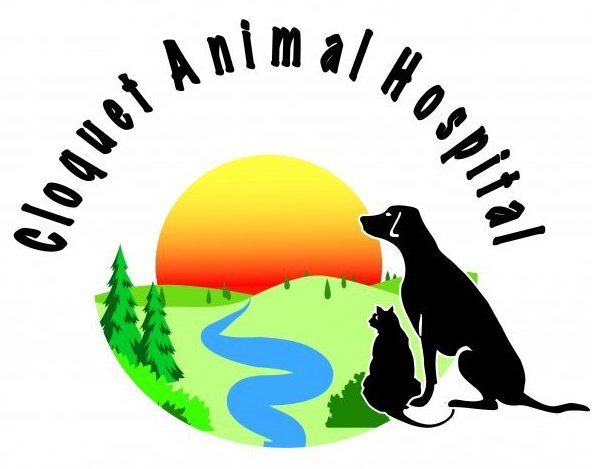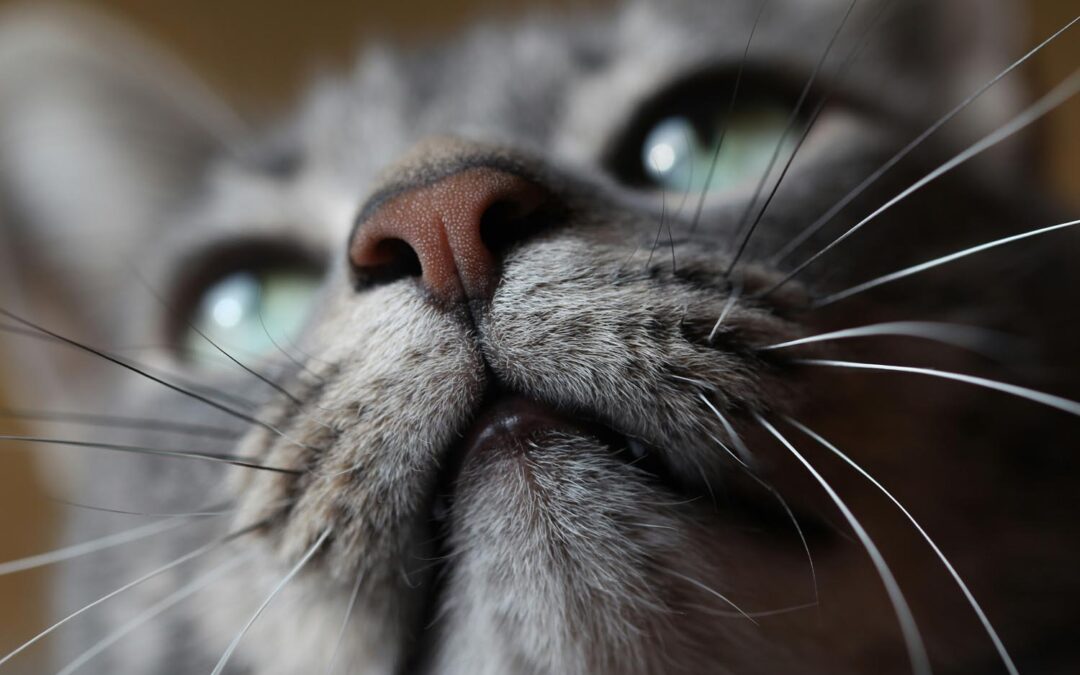Pet obesity is a growing concern among veterinarians and pet owners alike. Just like humans, pets are susceptible to gaining excess weight, which can lead to a variety of serious health problems. Ensuring that your pet maintains a healthy weight is essential for their overall well-being, longevity, and quality of life. In this blog post, we’ll explore why keeping your pets at a healthy weight is so important, the risks associated with pet obesity, and how you can help your furry friend stay fit and happy.
The Dangers of Pet Obesity
Pet obesity is more than just extra weight; it significantly impacts your pet’s health and quality of life. Obesity is linked to serious health conditions, such as diabetes and joint problems, that can shorten your pet’s lifespan and increase veterinary care needs and costs.
- Diabetes in Pets: Obesity in pets often leads to diabetes, where excess weight causes insulin resistance, making blood sugar regulation difficult. Managing diabetes requires daily insulin injections and strict dietary control, which can be challenging and costly. If untreated, diabetes can cause severe complications like cataracts and nerve damage.
- Joint Problems in Pets: Excess weight puts additional stress on a pet’s joints, leading to conditions like arthritis, which causes pain and limits mobility. Obesity can also lead to severe orthopedic issues, such as torn ligaments, often requiring surgery. These joint problems can reduce your pet’s quality of life and may result in behavioral changes due to chronic pain.
- Shorter Lifespan Due to Obesity: Obesity can significantly reduce a pet’s lifespan by placing undue stress on vital organs, leading to premature aging and diseases like respiratory issues, high blood pressure, and cancer. Overweight pets also struggle with mobility and daily activities, leading to a diminished quality of life. Maintaining a healthy weight helps ensure a longer, healthier, and more enjoyable life for your pet.
Increased Veterinary Care Needs and Costs
Obesity in pets often leads to increased veterinary visits and higher medical costs due to the need for managing conditions like diabetes, arthritis, and respiratory issues. These treatments may include medications, specialized diets, and surgeries, adding significant financial and emotional strain on pet owners. Preventing obesity with proper care can help avoid these burdens.
How to Tell if Your Pet is Overweight
It can be challenging to tell if your pet is overweight, especially with thick coats or varying body shapes. However, there are simple signs you can check at home to assess their weight. Identifying these signs early helps manage your pet’s weight before it becomes a serious health issue.
- Difficulty Feeling Ribs Under the Fur: If you have to press firmly to feel your pet’s ribs, or if you can’t feel them at all, it may indicate your pet is overweight. A healthy pet’s ribs should be easily felt under a thin layer of fat.
- Lack of a Visible Waist: When viewed from above, a healthy pet should have a noticeable waistline. If your pet’s body shape is cylindrical or their abdomen protrudes, it could be a sign of excess weight.
- Decreased Energy or Reluctance to Exercise: Overweight pets often have lower energy levels and may be less inclined to exercise, avoiding activities they once enjoyed due to discomfort or fatigue caused by extra weight.
The Body Condition Score (BCS) is a system veterinarians use to assess your pet’s weight on a scale from 1 to 9, with 1 being emaciated, 5 being ideal, and 9 being severely obese. This tool helps evaluate both the visual and tactile aspects of your pet’s body condition. If your pet’s BCS indicates they are overweight or obese, it’s essential to work with our veterinarian to create a plan for achieving and maintaining a healthy weight through diet, exercise, and regular monitoring.
Tips for Maintaining a Healthy Weight
Maintaining a healthy weight for your pet is an ongoing process that involves proper nutrition, regular exercise, and routine veterinary care. Here are some tips to help you keep your pet fit and healthy:
- Pet Nutrition:
- Pet Food Portion Control: One of the most important factors in weight management is controlling the portion sizes of your pet’s meals. Many pet owners unintentionally overfeed their pets by not measuring their food or giving in to begging. Be sure to follow your veterinarian’s recommendations for portion sizes, and avoid free-feeding, where food is left out all day.
- Choosing the Best Pet Food for Weight Loss: If your pet is overweight, your veterinarian may recommend a special weight management diet that is lower in calories and higher in fiber to help your pet feel full. These diets are formulated to provide balanced nutrition while promoting weight loss.
- Avoiding Unhealthy Treats: Treats can quickly add up in calories, especially if given frequently. Opt for low-calorie treats or use healthy alternatives like small pieces of vegetables. Remember, treats should make up no more than 10% of your pet’s daily calorie intake.
- Exercise for Pets:
- Regular Physical Activity: Just like humans, pets need regular exercise to burn calories and maintain a healthy weight. Daily walks, playtime, and interactive toys can all help keep your pet active. For cats, consider using laser pointers, feather wands, or puzzle toys to stimulate both their mind and body.
- Creative Ways to Keep Pets Active: If your pet is less motivated to exercise, try introducing new activities or toys to spark their interest. For dogs, activities like agility training, swimming, or even scent work can provide both mental and physical stimulation. Cats might enjoy climbing trees, chasing toy mice, or exploring new environments in a safe, controlled way.
- Regular Veterinary Care:
- Routine Check-Ups: Regular veterinary visits are crucial for monitoring your pet’s weight and overall health. Your veterinarian can track changes in your pet’s weight over time and provide guidance on diet and exercise. They can also help you create a weight loss plan tailored to your pet’s specific needs.
- Weight Management Plans: If your pet is already overweight, don’t be discouraged. Work with your veterinarian to develop a weight loss plan that includes dietary changes, increased physical activity, and regular monitoring. Slow, steady weight loss is the safest and most effective way to help your pet reach a healthy weight.
A Healthier Future for Your Pet | Schedule a Visit Today!
Keeping your pet at a healthy weight is essential for their long, happy life. Obesity is preventable with the right focus on nutrition, exercise, and regular vet care.
If you’re concerned about your pet’s weight, schedule a check-up with Cloquet Animal Hospital. Call us at (218) 879-9280 or request for an appointment. For weight management products, visit our online pharmacy.
Frequently Asked Questions (FAQs)
- How can I tell if my pet is overweight?
You can get a good idea of your pet’s weight by checking if you can feel their ribs and see a clear waistline. If you cannot easily feel their ribs or if their body shape lacks a noticeable waist, they may be overweight. It’s always best to consult your veterinarian for an accurate assessment.
- What are the risks of obesity in pets?
Pet obesity increases the risk of several health issues, including diabetes, joint problems like arthritis, respiratory difficulties, and a shortened lifespan. Obese pets may also suffer from decreased quality of life due to pain and reduced mobility.
- How much should I feed my pet to maintain a healthy weight?
The amount you should feed your pet depends on their size, breed, age, and activity level. Our veterinary team can provide specific recommendations based on your pet’s needs. It’s important to measure portions carefully and avoid overfeeding.
- What kind of exercise does my pet need to lose weight?
Regular exercise is essential for weight loss and overall health. For dogs, daily walks, playtime, and activities like swimming or agility training can be beneficial. Cats can benefit from interactive toys, laser pointers, and climbing structures. The key is consistent, daily activity that engages your pet physically and mentally.
- How quickly should my pet lose weight if they are on a weight loss plan?
Gradual weight loss is key to safety and sustainability. Pets should aim to lose about 1-2% of their body weight per week. Our veterinarian can help monitor your pet’s progress and make any necessary adjustments to their diet and exercise plan.
Photo Credit: Unsplash

